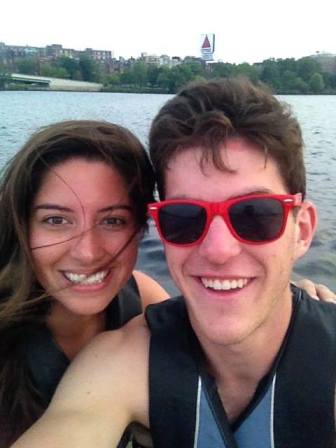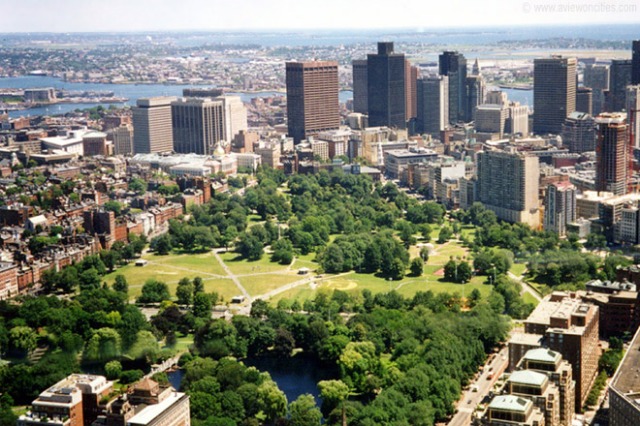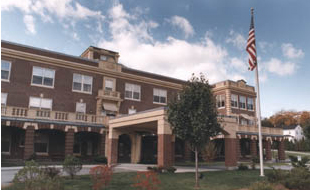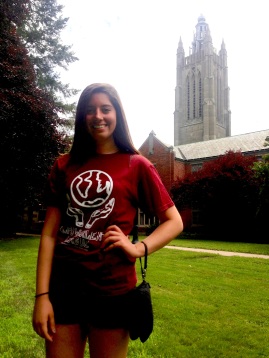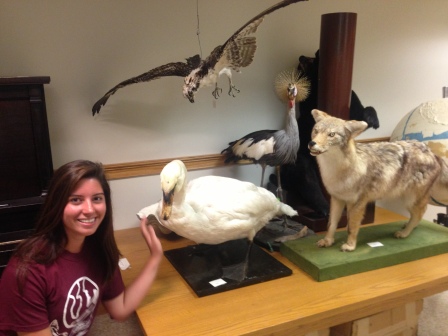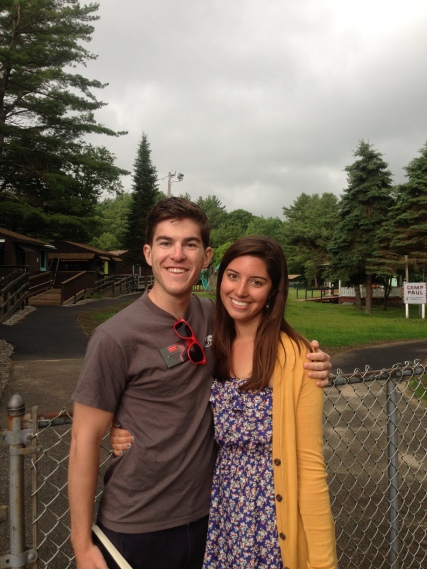In the United States and other developed countries, living with a disability can pose many obstacles to an individual and the family of the individual’s social and economic well-being. Around the globe, children living with disabilities in developing countries face even greater challenges as outlined in UNICEF’s State of the World’s Children report of 2013.
Our blog aims to highlight the challenges that children living with disabilities face in order to raise awareness and promote inclusion. As the UNICEF report documents, “the inclusion of children with disabilities in society is possible – but it requires first a change of perception, a recognition that children with disabilities hold the same rights as others; that they can be agents of change and self-determination, not merely the beneficiaries of charity.” The rights to inclusion that many children living in low- or middle-income countries face are due to problems of visibility. Children born with disabilities in these countries are often not included in their respective country’s census, which hinders policy-making and the establishment of services that are beneficial to both children and their families.
Additionally, children living with disabilities are at greater risk of being poor even in comparison to their peers who are also members of a minority or already living in poverty and are less likely to attend school. Girls living with a disability are considered to be “doubly disabled” as they are constrained by traditional gender roles and barriers. Though these challenges are great, recent developments in assistive technology in these regions and inclusive programs that introduce children living with disabilities to regular classroom settings and sports programs have lessened the stigma of living with a disability. A new approach to building design in developing countries focuses on a “universal” design approach that rests on the seven principles of “equitable use; flexibility in use; simple and intuitive use; perceptible information; tolerance for error; low physical effort; and size and space for approach and use.”[1] When integrating a universal design into a new building, costs will generally increase by less than one percent of the capital development costs making universal design very cost-effective.
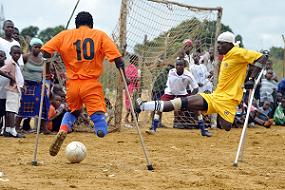
“Disabled Youth Participate in International Peace Day Activities” – © UNMIL Photo/Christopher Herwig
It is UNICEF’s belief that education is the key to fully integrating children living with disabilities into society by equipping them with the tools they should naturally have a right to acquire and by lessening the stigma of their conditions to those who are traditionally considered “able-bodied”. Unfortunately, access to education is limited due to limited research and data collection that varies from country to country making educational curriculum that can be applied across borders difficult to create and implement. Interestingly, efforts to measure child disability are often shaped by culture, which sets varying benchmarks for when children should be completing simple tasks. For example, children in urban India typically don’t develop full control of a cup until 35 months of age whereas children in rural Thailand were completing the same task on average at 10 months. Multiple Indicator Cluster Surveys (MICS) include the Ten Questions Screen, interview questions that are then followed up by an assessment. Limited financial and personnel resources can make a follow-up assessment difficult, but many successful assessments have taken place typically when assessors are able to utilize existing workplaces and schools. For example, in the former Yugoslav Republic of Macedonia, assessments took place in elementary school buildings on the weekends, making evaluations convenient for all parties.
Successful assessment leads to positive action and intervention on the behalf of children living with disabilities across the globe. The adoption of landmark initiatives including the Convention on the Rights of the Child (CRC) and the Convention on the Rights of Persons with Disabilities (CRPD) ensures that all children regardless of gender, minority status, poverty level, or degree of disability are provided with full opportunities to be happy and healthy members of society. Not only does adaptation of such initiatives improve the lives of those living with disabilities, but brightens the lives of anyone who has the chance to interact with these individuals on a daily basis.
[1] United Nations. United Nations Children’s Fund. The State of the World’s Children 2013: Children with Disabilities. New York, 2013.

